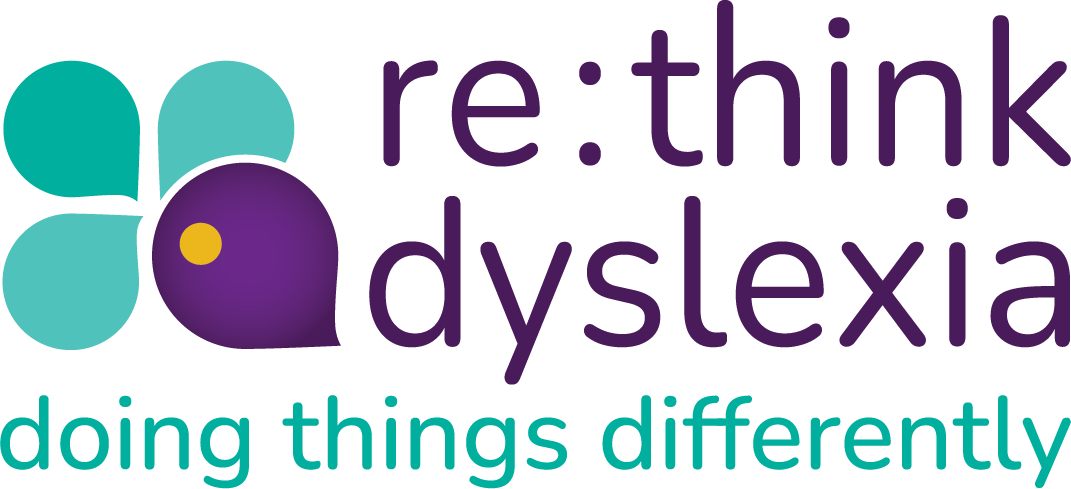Unmasking Dyslexia: Understanding the Impact of Masking on Mental Health and Advocacy
Living with dyslexia can present various challenges, both at work and in everyday life. One aspect that often goes unnoticed is the phenomenon of “masking.” Masking refers to the coping strategies individuals with dyslexia employ to hide their difficulties, often at the cost of their own well-being. In this blog post, we will delve deeper into the concept of masking, explore its implications for dyslexic individuals, and discuss the importance of promoting awareness and advocacy.

Portrait of a young woman driving a forklift in a warehouse
Dyslexic individuals, driven by a desire to fit in and avoid judgment, may go to great lengths to conceal their struggles. They may develop exceptional compensatory skills, such as relying heavily on memory, utilising contextual cues, sending working in and out of an organisation to have it edited, heavily reliance on colleagues for support or employing creative problem-solving techniques. These adaptive strategies allow them to navigate tasks that involve reading, writing, and spelling with apparent ease. However, behind this mask of competence, they may be facing internal struggles and feelings of inadequacy.
Masking can have a significant impact on the mental health and well-being of individuals with dyslexia. Constantly concealing difficulties and feeling the need to perform at a higher level than their peers can lead to increased stress, anxiety, and even depression. The effort required to maintain the mask can be exhausting, often resulting in job burnout and reduced self-esteem. It is crucial to recognise the toll that masking takes on dyslexic individuals and provide them with the necessary support and understanding.
Society’s emphasis on conventional standards of achievement and the perceived value of reading and writing can contribute to the pressure felt by dyslexic individuals to mask their difficulties. The fear of being labeled as “lazy” or “less capable” can further perpetuate the cycle of masking. It is important to challenge these stereotypes and foster an inclusive environment that celebrates diverse strengths and abilities.
To support dyslexic individuals in their journey, it is crucial to create an environment where they feel safe and accepted, regardless of their learning differences. Encouraging open communication and promoting a culture of acceptance can empower individuals to embrace their authentic selves and seek the assistance they need. Employers and employers, and peers play a pivotal role in fostering an inclusive atmosphere that celebrates difference of thought, dyslexia and neurodiversity.
Raising awareness about dyslexia and its impact is paramount to creating a more supportive society. By educating ourselves and others, we can debunk misconceptions, challenge stigmas, and promote understanding. Dyslexic individuals should feel empowered to advocate for their needs and rights, both in the workplace settings and in their day-to-day life. This can involve seeking appropriate accommodations, engaging in open dialogue with employers, and participating in support groups or advocacy organisations. An example of self-advocacy has been seen through the lens of my dad most recently since my mum passed away. My mum did everything for my dad, filled in forms, managed all the home finances and supported him with his business. Now my mum has gone my dad is learning how to do all of these tasks at the age of 70! When he must complete forms in public, like registering his trailer recently he told the lady, I can’t fill out these forms myself I need help I’m dyslexic can you please help. I see a sense of accomplishment that he can do these tasks more independently. The ability to self-advocate has never been so evident and there is no shame or embarrassment. We could all learn a bit from my dad about authenticity. Now you might be thinking, well he isn’t in the workplace, he is 70 it doesn’t matter, but it does matter, shame and embarrassment are deep seeded from years of masking and the trauma we have faced in education, in the workplace and in society and it doesn’t matter what age you are. So, I’m so proud of my dad and his ability to ask for help without feeling those negative thoughts we have about ourselves.
Masking is a coping mechanism that dyslexic individuals often employ to navigate a world that may not fully understand or accommodate their needs. By recognising the toll that masking takes on their well-being and creating an inclusive and accepting environment, we can empower dyslexic individuals to embrace their true selves and achieve their full potential. Let us strive to unmask dyslexia, celebrate neurodiversity, and create a world where everyone can thrive, regardless of their learning differences. Through awareness, understanding, and advocacy, we can create positive change and foster a more inclusive society for all.
Lead the change and find out how you can help your organisation through our re:think Inclusive Program federally funded through Job Access or email us at hello@rethinkdyslexia.com.au to find out more.
Lead the change. Disrupt the norm. Celebrate the difference.
Join our Dear Dyslexic Community on Facebook. This group has been set up to talk about all things dyslexia, to provide peer support to those who are dyslexic. This is an open, safe forum free from discrimination, but not free from spelling or grammar mistakes!
